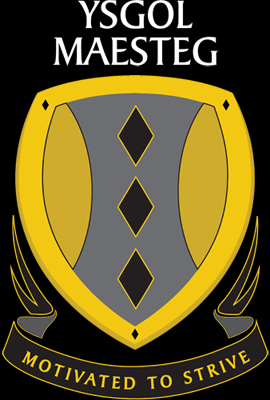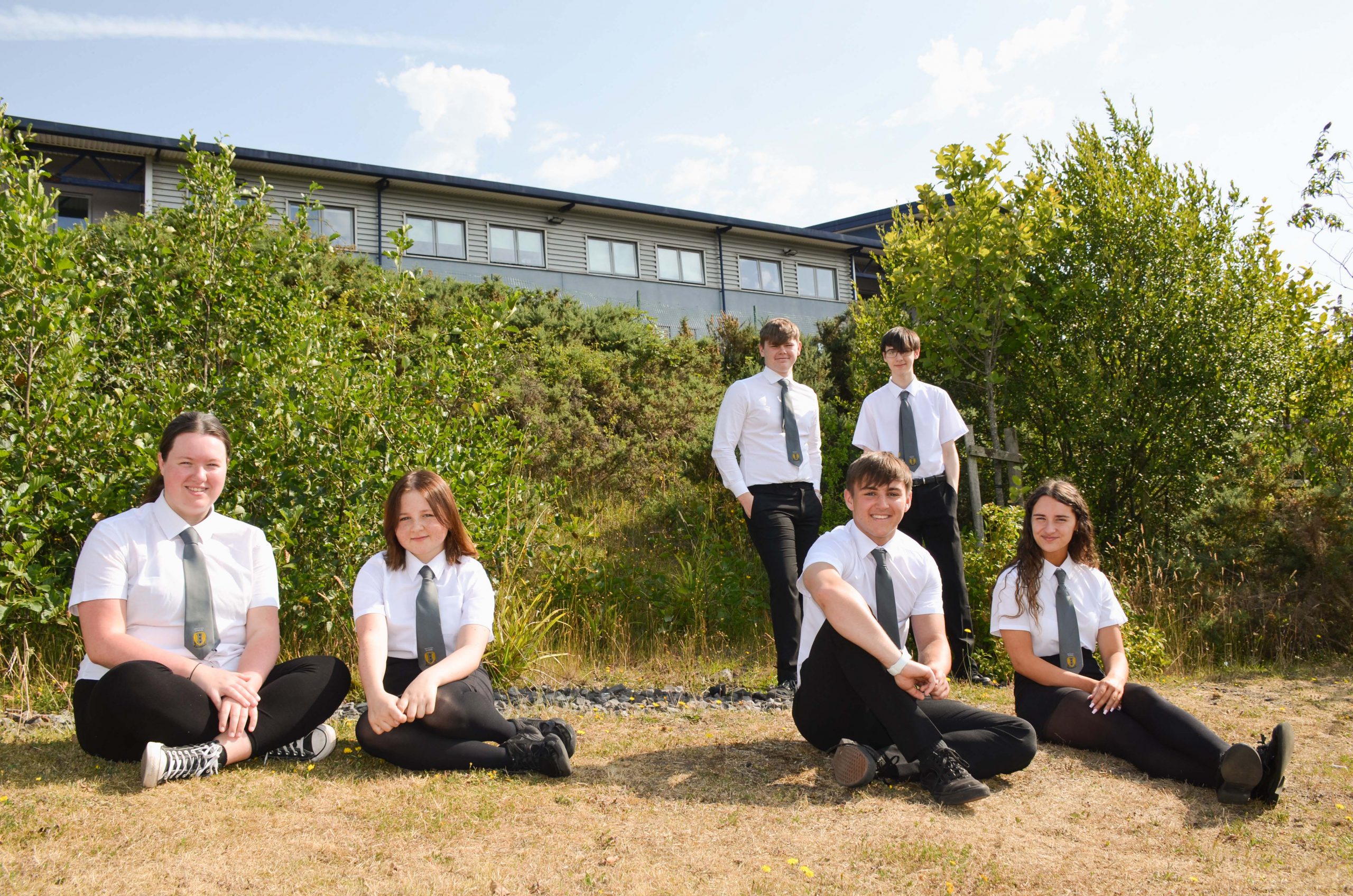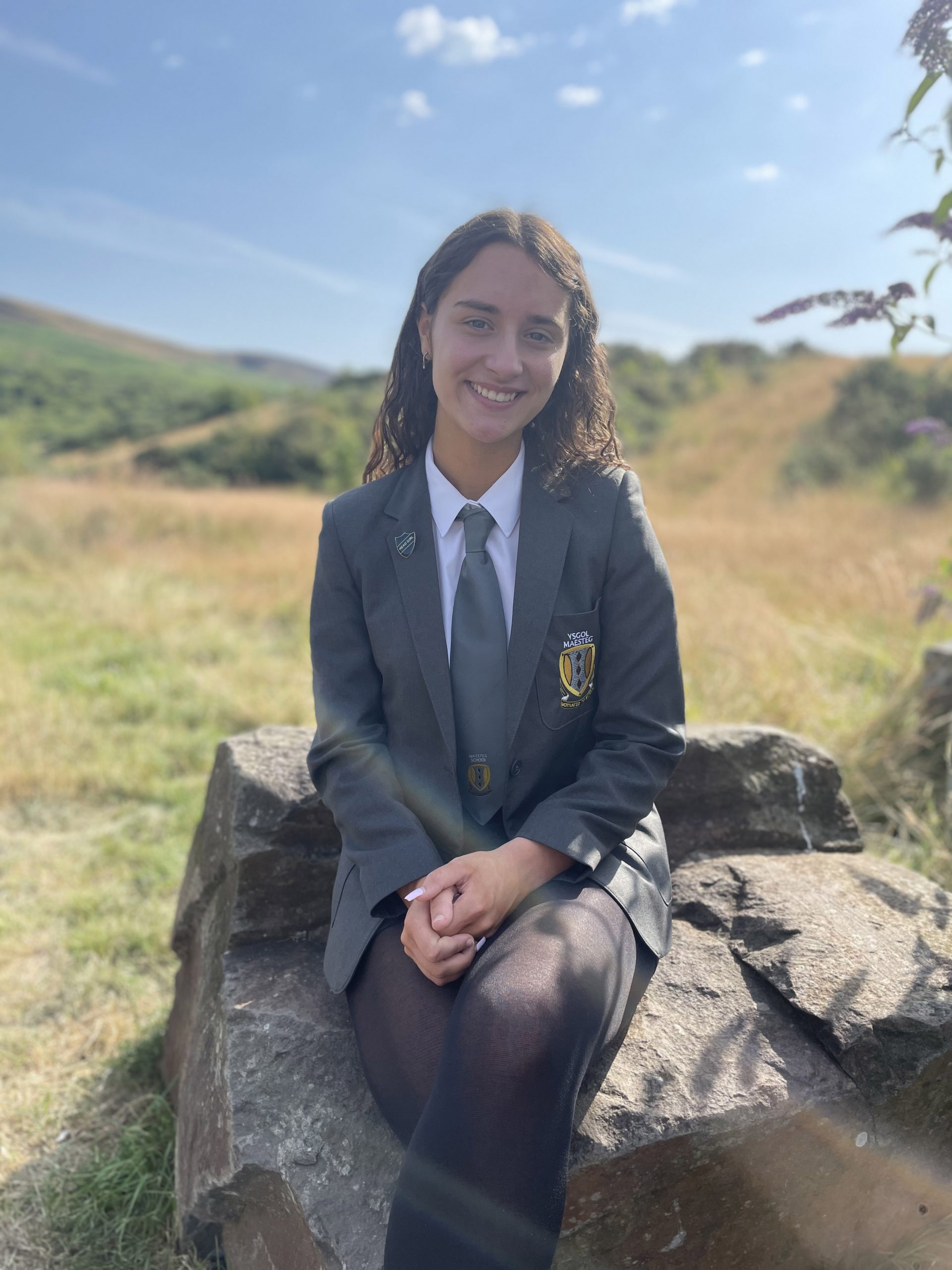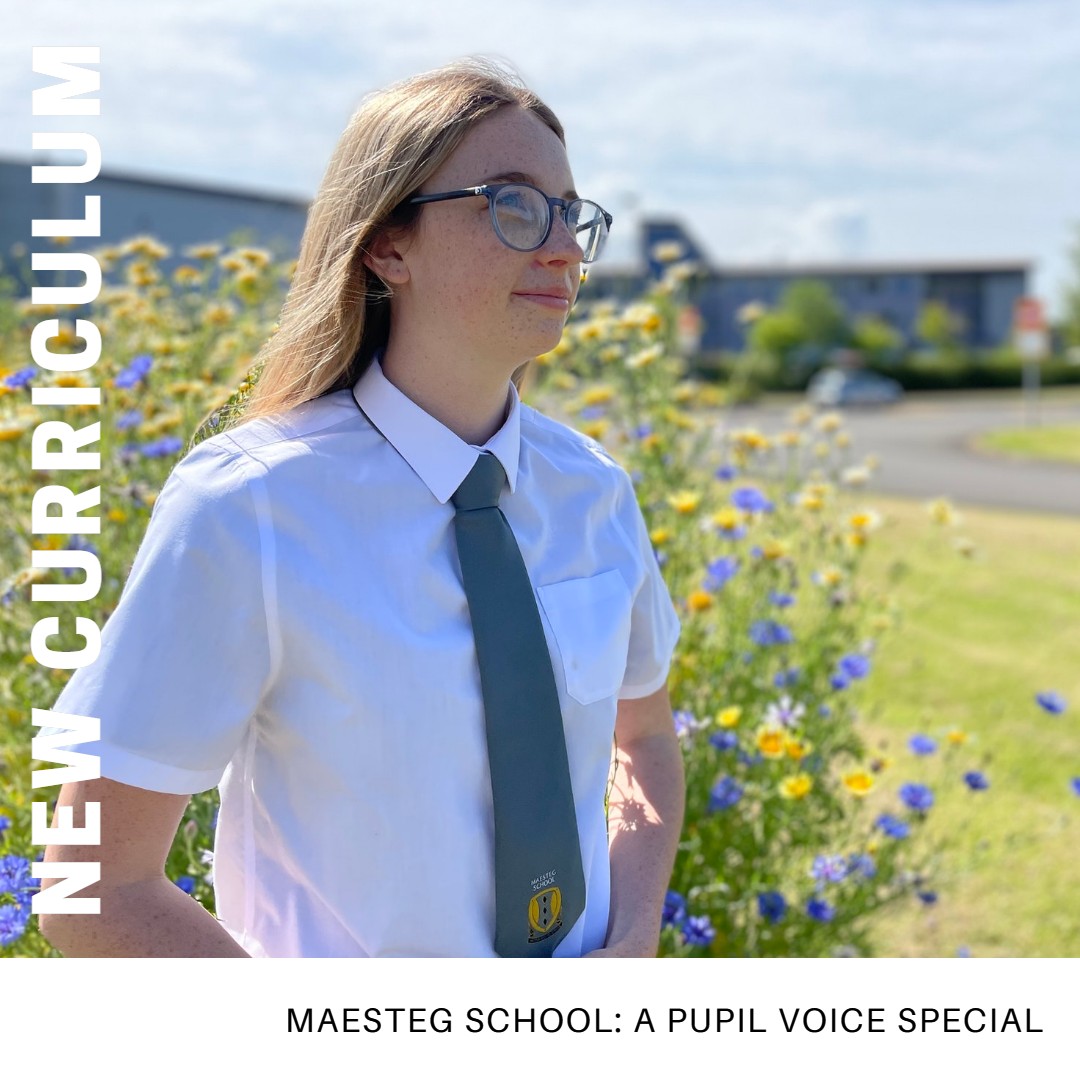
Our curriculum is based on the principles of empowerment, equity and aspiration. We wish for our young people to gain the knowledge and skills to become ever-more powerful thinkers, communicators and leaders in the communities they inhabit.
We wish them to have the courage to challenge what they know is wrong; the kindness to respond to others; the resourcefulness to always seek out answers; and the character to lead a fruitful and rewarding life. Our knowledge-based and pupil-centred curriculum allows all our children to experience each day a school which strives to transform them into agents of change and be always ‘motivated to strive’.
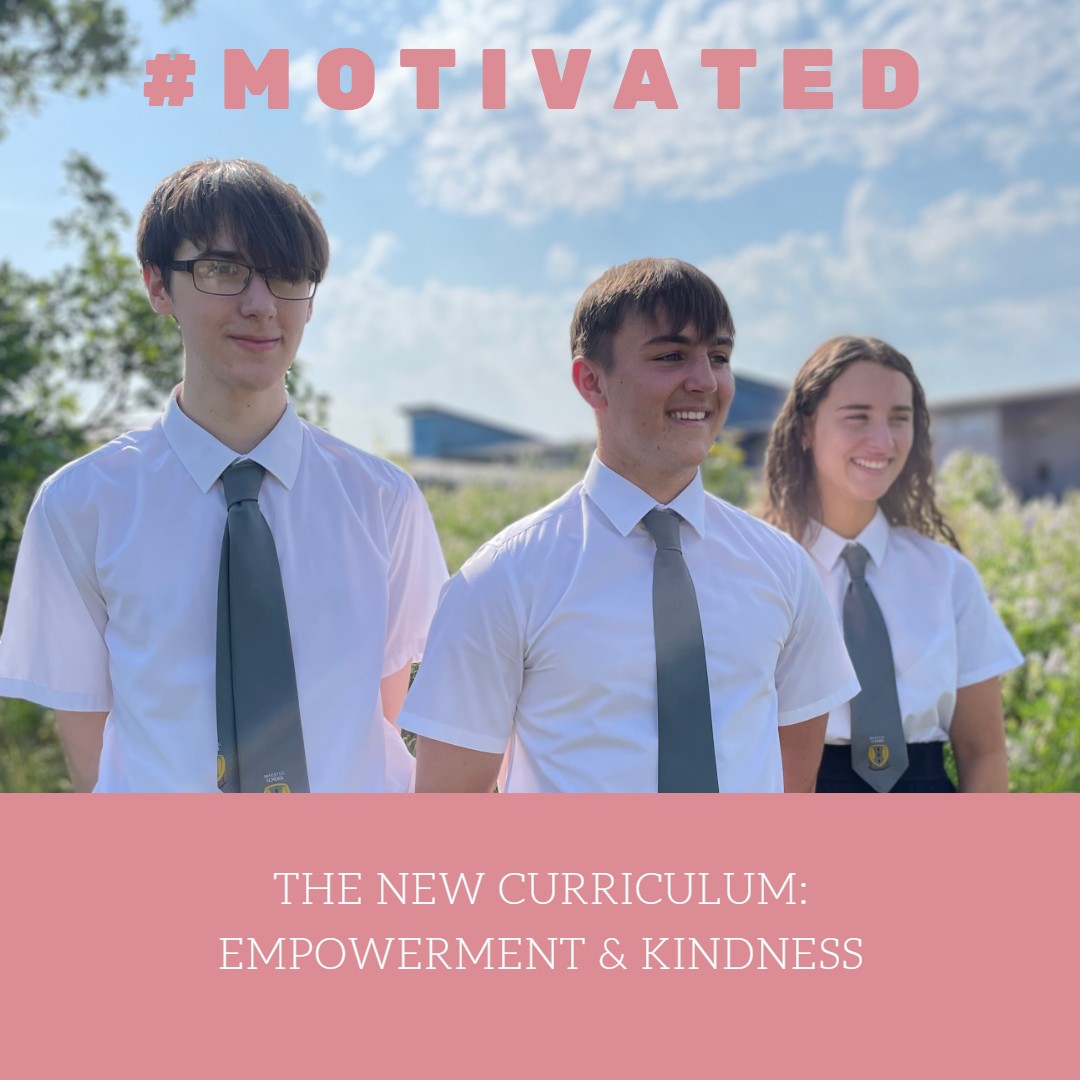
#MOTIVATEDTOSTRIVE
Our school curricular vision was developed over a period of twelve months through a range of engagement and professional activities including discussions with our pupils, staff, parents, governors and local schools. Each of these have helped to inform decisions regarding the design of our curriculum and have included:
• Our school leaders and teachers considered reading and research into aspects of curriculum design, at school-, subject-, and inter-disciplinary-level.
• Our involvement in the ‘Pioneer School’ programme over the last five years and exploration of different curriculum models as a result.
• Teachers’ involvement in Action Research into the Four Purposes and using this to explore links between curriculum, pedagogy and learning.
• Use of surveys with parents in which they were asked what they thought their children should learn and which learning dispositions they should develop.
• Collaborative work with the Maesteg cluster primary schools to ensure a continuum of experience for learners.
• Educational visits by staff to schools in Finland, Iceland and across England to learn more about curriculum design.
• Continual and on-going partnership work with a range of providers and organisations both within the educational context and outside of it to develop enriching and educational experiences.
Our curriculum is designed to allow all learners to realise the characteristics and mindset set out in the Four Purposes (ambitious, capable learners; enterprising, creative contributors; ethical, informed citizens; and healthy, confident individuals) and provides for appropriate progression. This is achieved through:
• Maesteg school’s adoption of the ‘Areas of Learning and Experience (AoLEs)’ to structure the learning experiences of each child. These are: Expressive Arts; Health and Wellbeing; Humanities; Language, Literacy and Communication; Mathematics and Numeracy; and Science and Technology.
• The use of the What Matters statements to develop conceptual threads through each subject and across AoLEs.
• A series of pedagogical principles and strategies to support and complement the requirements and opportunities of this curriculum.
The school also aligns to the mandatory requirements of teaching:
• Welsh
• English
• Religion, Values and Ethics (RVE)
• Relationships and Sexuality Education (RSE)
• Cross-curricular skills of literacy, numeracy and digital competence
Ensuring that our children make progress, regardless of a learner’s stage of development or starting point, is at the heart of all our curriculum design. Our principles of progression are:
• Increasing effectiveness: we aim for our pupils to become more independent, curious and self-motivated as a result of the learning experiences we plan.
• Increasing breadth and depth of knowledge: each of our AoLEs approaches planning according to the concepts which teachers at Maesteg School regarded as essential to learning and progression.
• Deepening understanding of the ideas and disciplines within the Areas: pupils focus on at least one new ‘Context for Learning’ or topic within each AoLE each term. The ‘traditional’ discrete subjects within these AoLEs all contribute to and develop learning in reference to this topic.
• Refinement and growing sophistication in the use and application of skills: Assessment within AoLEs operate along the principles of mastery learning and are open-ended to allow pupils to make links across their learning and demonstrate disciplinary knowledge. We want our pupils to become increasingly confident and inquisitive experts within the fields of the AoLEs.
• Making connections and transferring learning into new contexts: Pupils are given opportunities to use the learning from one AoLE to enrich and challenge their learning in other areas.
Our school improvement planning and review cycle will continue to focus on ensuring that our curriculum will continue to meet the need of our learners, ensure our pupils make progress and is in line with our overall school vision. We will continue to seek and employ the feedback from pupils, staff, parents, Governors, cluster schools and evidence-based research to amend and refine our curriculum design.
.
Pupil Voice Special: Our New Curriculum
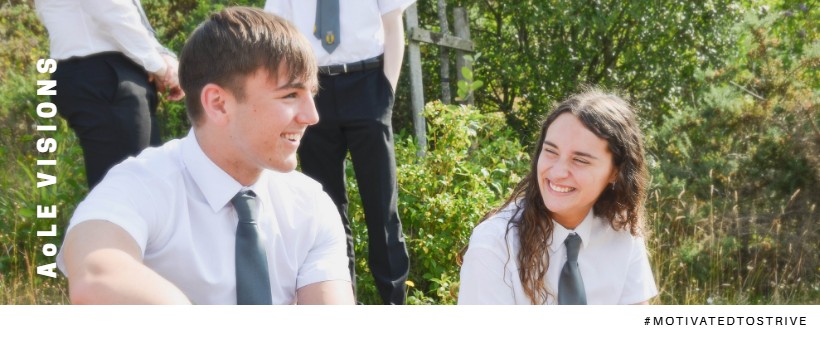
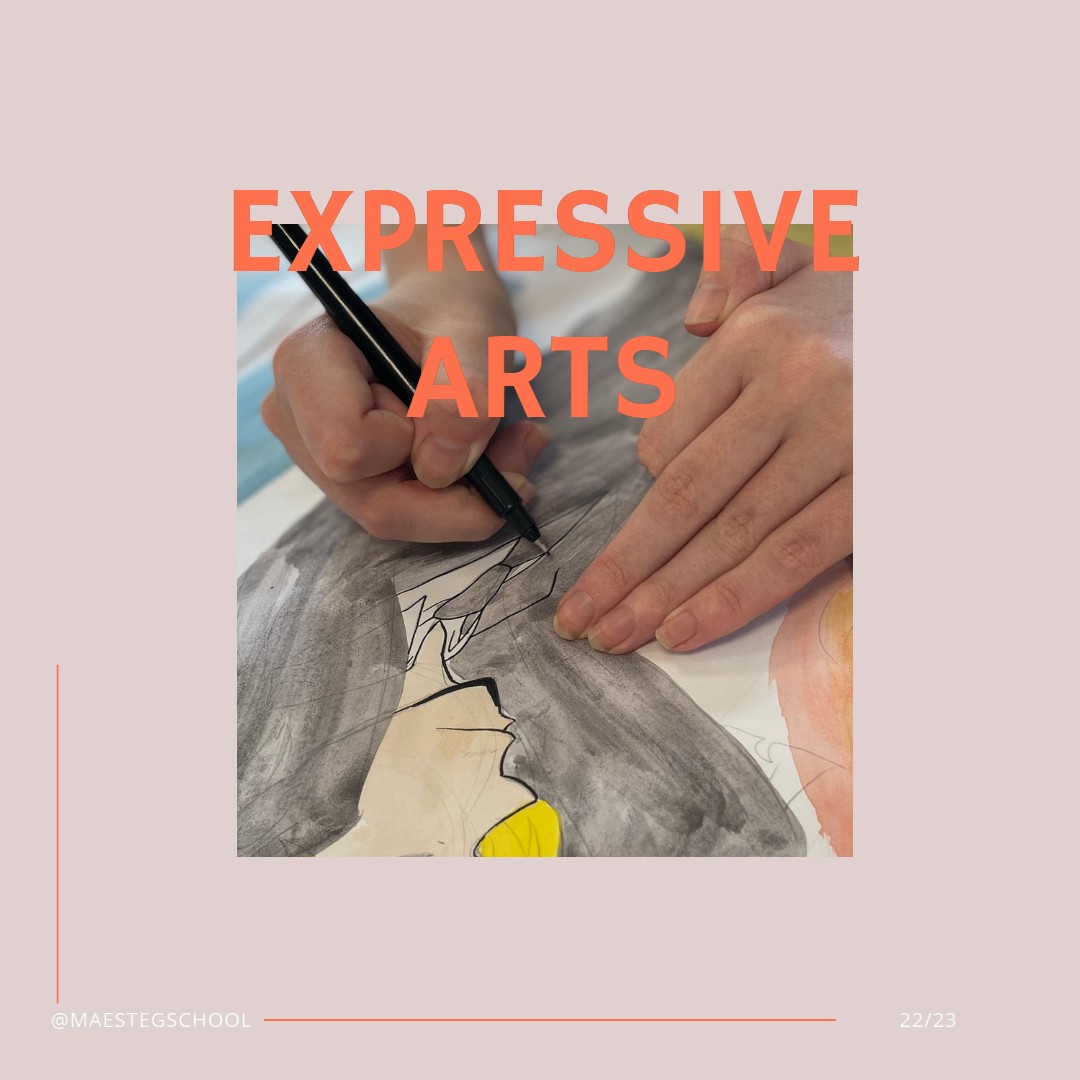
Expressive Arts AoLE
“There is nothing more vulnerable than creativity…It’s not about winning, it’s not about losing, it’s about showing up and being seen” Brene Brown.
In Expressive Arts, we encompass the disciplines of Art, Music, Drama, Media and Dance. Together they share the creative process, inspiring in learners a curiosity of the arts to foster and develop a love of learning. Our teaching equips learners with knowledge and skills that relate to a wide range of artists, musicians, actors, materials, tools, instruments, techniques and processes. We are passionate, inspiring and are constantly evolving in order to provide the best experiences for our learners. We enable them to develop their confidence, independence, knowledge, creative and innovative skills.
We firmly believe in an enriching, engaging and challenging equitable curriculum for all. Learning experiences are designed to enable learners to make their own unique progress. Whilst acquiring and retaining the core knowledge and skills to work collaboratively and independently in each discipline, we want our pupils to be successful in their creative education and transfer this to later life and further learning. Learners are encouraged to take risks, refine their own work throughout and build their own skills in self-reflection and evaluation. As a result, learners develop problem solving skills and identify solutions, thus building resilience and the ability to apply critical yet constructive appraisal of their work.
Humanities AoLE
As teachers in the Humanities AoLE, we want our subjects to empower our pupils to be aspirational, confident and resilient learners. We want them to learn through humanities to show mutual respect for all through listening and showing empathy for others. Furthermore, we want Humanities to give pupils the courage to have integrity at all times, showing responsibility for the world and others around them, so that they are self-disciplined enough to evolve as learners. We want Humanities to show our pupils that they need the knowledge to be fully informed and the courage to act morally, engaging with the challenges they and the world will face through tackling them as agents of change.
We will do this through providing a rich context for exploring Geography by investigating physical and human landscapes and processes, looking at the impact and influence of individuals on a variety of scales, and so equipping our students to explore, question and evaluate the world around them. Through Religion and Ethics we will empower students with the knowledge and skills required to become enterprising and informed citizens and in Business Studies, learners will understand the factors that shape the Welsh and global economies, whilst developing the skills to become resourceful and innovative. In History, learners will develop an understanding of the notion of truth and appreciation of the past, allowing to understand key concepts such as governance, diversity, conflict and co-operation. This will extend to the study of Sociology and Public Service, in which learners will appreciate how rights, inequality and poverty affects the lives of people and communities. Such knowledge will build through engaging and exciting actual and virtual experiences inside and outside of the classroom.
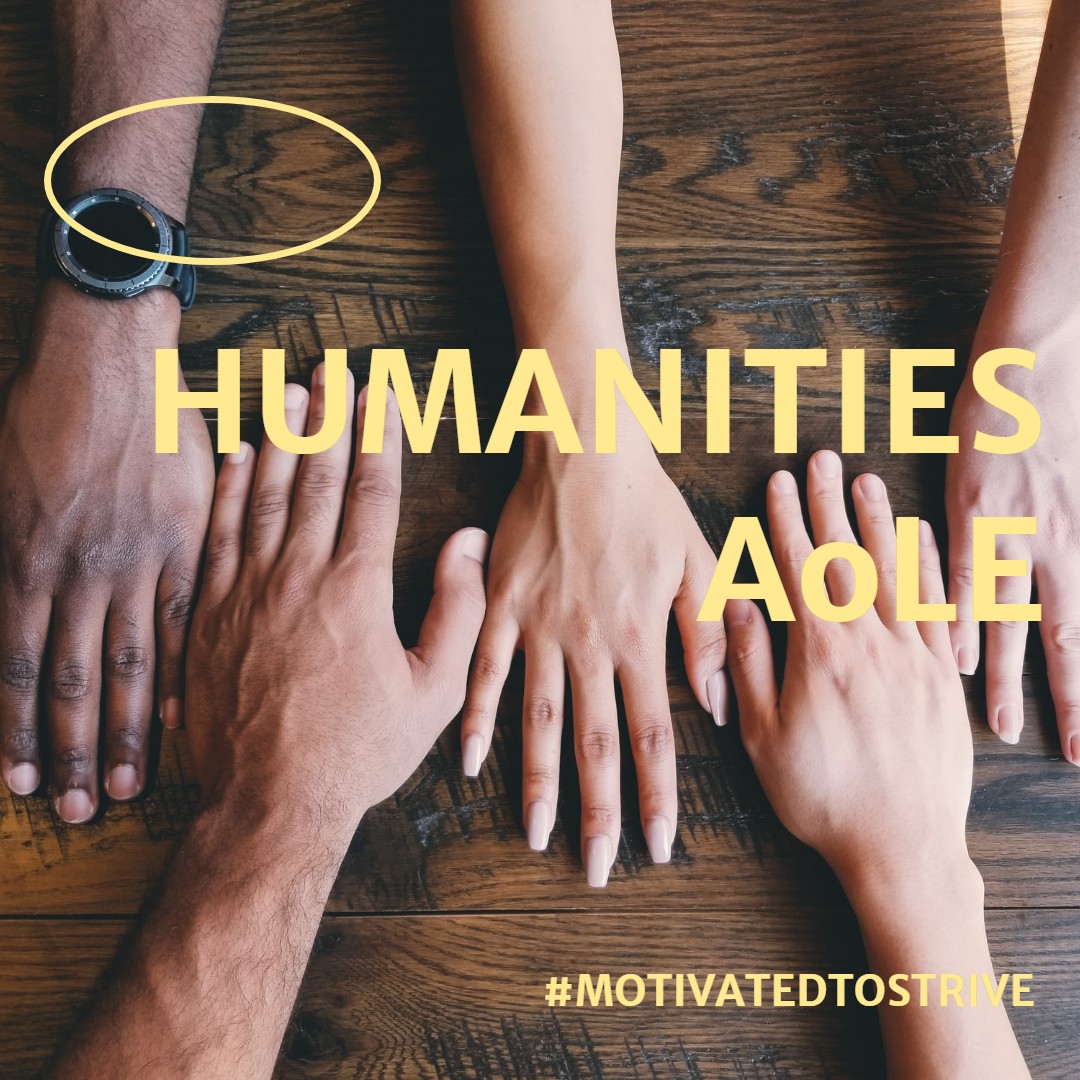
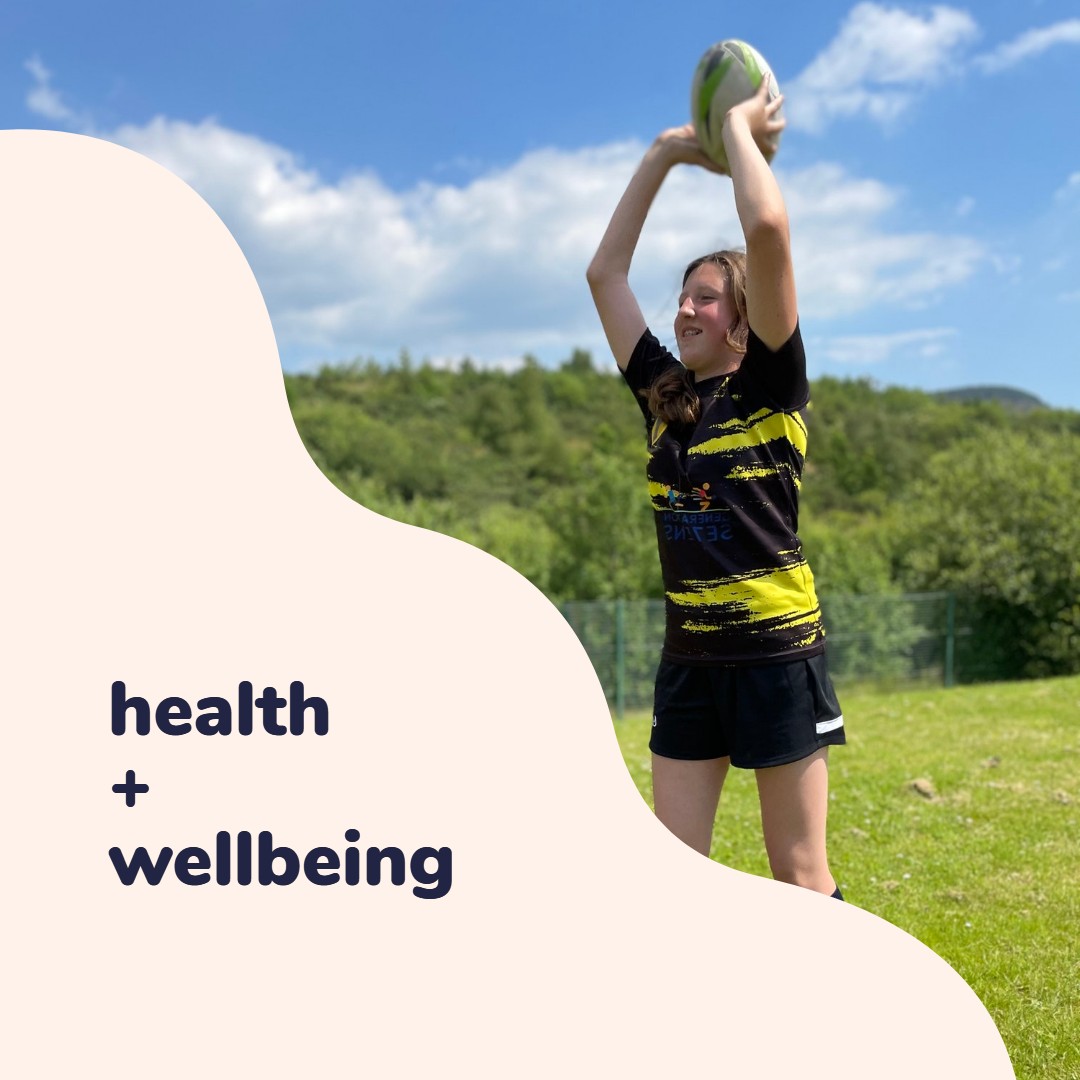
Health + Wellbeing
The Health & Wellbeing AoLE at Maesteg School provides a personalised, holistic learning experience encompassing physical, mental, social and emotional wellbeing. Good health and wellbeing will enable our pupils to make measured decisions, manage risk and allow them to live fulfilling and productive lives, making positive contributions to society. Health and wellbeing effects how we think, feel and act in our ever-changing world. All learners deserve a curriculum that is equitable, enabling our pupils to develop healthy relationships, empathy towards others, a clear understanding of personal identity and gives them the tools they need for sustaining their wellbeing, now and in the future.
Within our AoLE pupils are given opportunities to develop health through a holistic approach. Practical activities and games lessons seek to explore the value and benefits of participation in regular physical activity and sport; practical nutrition lessons allow pupils to gain experience preparing and trying healthy food alternatives; and classroom-based sessions aim to develop pupils’ knowledge and understanding of mental and emotional wellbeing. Our curriculum will aim to capture all aspects of what it means to be a healthy confident individual. In all lesson’s pupils will be encouraged to face and overcome challenges, developing resilience and motivation to improve. The development of positive relationships (based on trust and mutual respect) underpins every element of our curriculum, giving pupils the confidence to take risks in their learning, lead their own learning and support the learning of others. Pupils will be given the opportunity to explore the complexities surrounding health and will be supported to develop strategies to understand that feelings and emotions are complex and neither fixed nor consistent. Interdependence between physical, mental, social and emotional health will be a prominent feature throughout all lessons and pupils will learn how to recognise feelings and what may be causing them in order to seek support when they need it so they can continue to thrive.
Language, Literacy and Communication AoLe
Across the LLC in Maesteg School, our vision is to inspire pupils and equip them with the skills to become:
- Emphatic, respectful communicators who express themselves with eloquence and confidence
- Passionate, perceptive readers who appreciate the artistry and importance of language
- Creative, precise writers who are empowered to communicate ideas and opinions appropriately and effectively
- Curious, critical thinkers who make connections between languages and literature and seek these out beyond the classroom
- Kind, respectful individuals who are proud of their cultural heritage and celebrate diversity across Wales and the world
Our pupils develop these skills through their engagement and progression in the following subject areas: English Language; English Literature; Modern Foreign Languages; and Welsh.

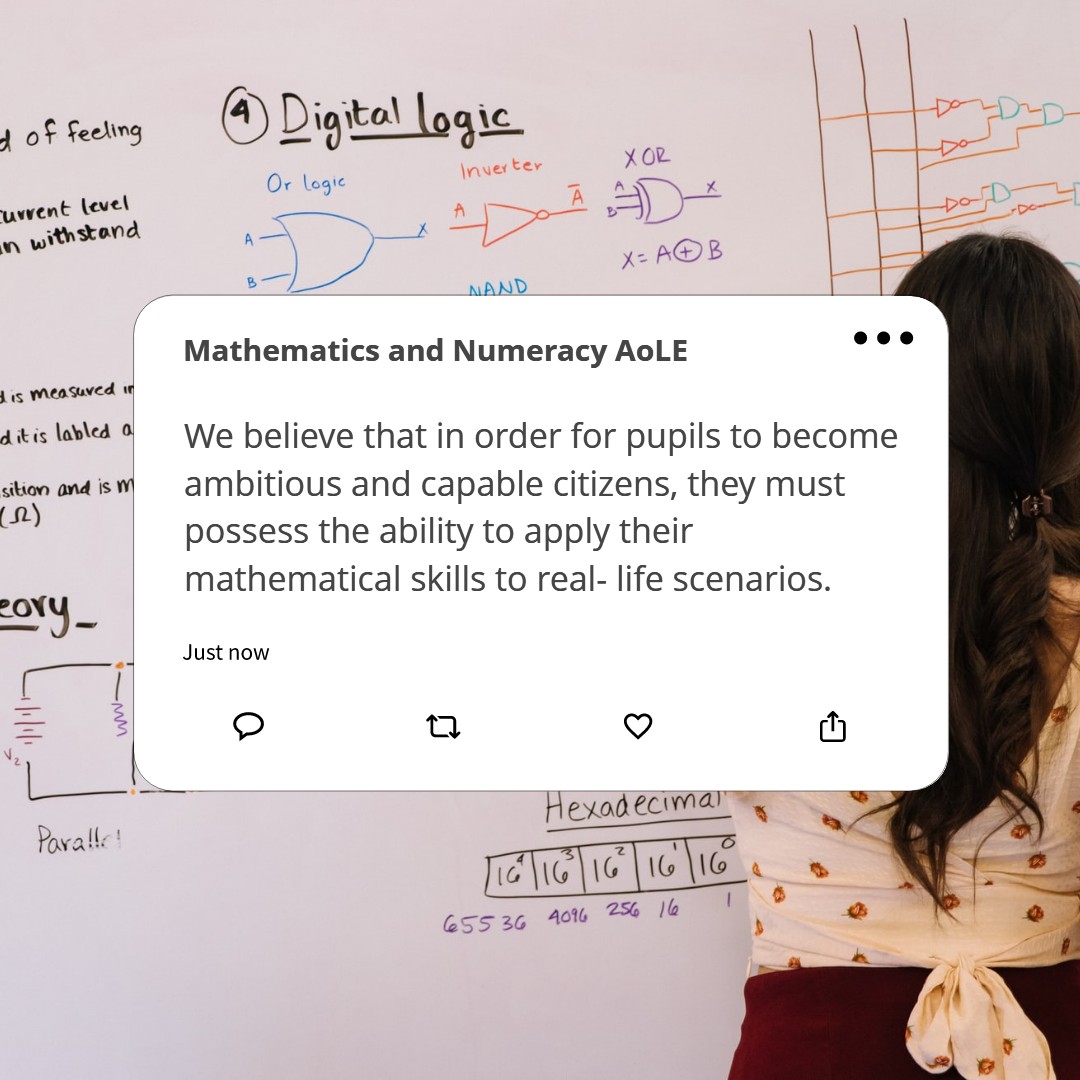
Mathematics and Numeracy AoLE
In Maesteg School, teachers of Mathematics & Numeracy are passionate about ensuring that young learners develop the key mathematical skills which are important for life opportunities. Learners will possess the tools to reason, solve problems and assess risk in a range of contexts. We want all our learners to be confident within their own mathematical ability and appreciate that mistakes will be a positive aspect of the learning process. We believe that in order for pupils to become ambitious and capable citizens, they must possess the ability to apply their mathematical skills to real- life scenarios.
Science and Technology AoLE
The AoLE of Science and Technology combines the traditional Science and Technology subjects with Computing. Our learners will be supported to become increasingly curious about the world in which they live – and then ready and able to make informed decisions. They will be aspirational and empowered with the belief that they can succeed in a STEM career, equipped to achieve in an ever-increasingly diverse area of employment. We will deliver powerful learning experiences by applying what pupils have learnt in a practical manner. Our pupils will be ready to lead fulfilling lives as valued members of society. They will be informed by knowledge of their bodies, diet and the ecosystems around them. They will have a deep understanding of how technological innovations can support improvements in health and lifestyle.
Our curriculum will engage with scientific and technological change. The knowledge and deep understanding gained across the AoLE will encourage our pupils to embrace challenges, take risks to innovate, evaluate, and learn to develop solutions as enterprising and creative learners. With an exciting, varied, and engaging curriculum across the AoLE, our learners will use logic, evidence and creativity to solve ‘real world’ problems. They will ask questions, take risks and investigate new technologies by exploring Big Questions to become ethical, informed citizens of Wales and the world, developing the ability to meaningfully ask the question, ‘Just because we can, does that mean we should?’
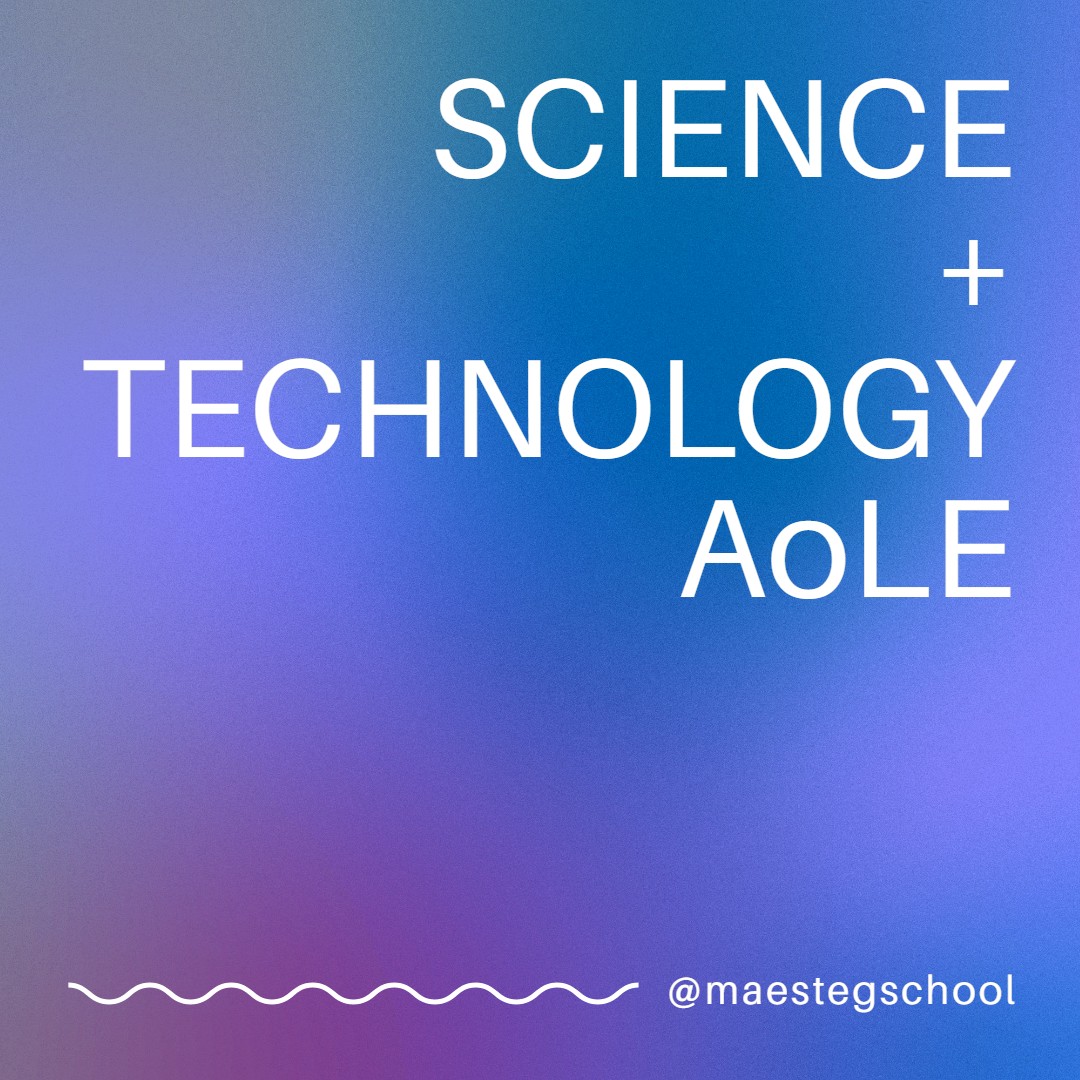

Our curriculum is based on the principles of empowerment, equity and aspiration. We wish for our young people to gain the knowledge and skills to become ever-more powerful thinkers, communicators and leaders in the communities they inhabit.
We wish them to have the courage to challenge what they know is wrong; the kindness to respond to others; the resourcefulness to always seek out answers; and the character to lead a fruitful and rewarding life. Our knowledge-based and pupil-centred curriculum allows all our children to experience each day a school which strives to transform them into agents of change and be always ‘motivated to strive’.

#MOTIVATEDTOSTRIVE
Our school curricular vision was developed over a period of twelve months through a range of engagement and professional activities including discussions with our pupils, staff, parents, governors and local schools. Each of these have helped to inform decisions regarding the design of our curriculum and have included:
• Our school leaders and teachers considered reading and research into aspects of curriculum design, at school-, subject-, and inter-disciplinary-level.
• Our involvement in the ‘Pioneer School’ programme over the last five years and exploration of different curriculum models as a result.
• Teachers’ involvement in Action Research into the Four Purposes and using this to explore links between curriculum, pedagogy and learning.
• Use of surveys with parents in which they were asked what they thought their children should learn and which learning dispositions they should develop.
• Collaborative work with the Maesteg cluster primary schools to ensure a continuum of experience for learners.
• Educational visits by staff to schools in Finland, Iceland and across England to learn more about curriculum design.
• Continual and on-going partnership work with a range of providers and organisations both within the educational context and outside of it to develop enriching and educational experiences.
Our curriculum is designed to allow all learners to realise the characteristics and mindset set out in the Four Purposes (ambitious, capable learners; enterprising, creative contributors; ethical, informed citizens; and healthy, confident individuals) and provides for appropriate progression. This is achieved through:
• Maesteg school’s adoption of the ‘Areas of Learning and Experience (AoLEs)’ to structure the learning experiences of each child. These are: Expressive Arts; Health and Wellbeing; Humanities; Language, Literacy and Communication; Mathematics and Numeracy; and Science and Technology.
• The use of the What Matters statements to develop conceptual threads through each subject and across AoLEs.
• A series of pedagogical principles and strategies to support and complement the requirements and opportunities of this curriculum.
The school also aligns to the mandatory requirements of teaching:
• Welsh
• English
• Religion, Values and Ethics (RVE)
• Relationships and Sexuality Education (RSE)
• Cross-curricular skills of literacy, numeracy and digital competence
Ensuring that our children make progress, regardless of a learner’s stage of development or starting point, is at the heart of all our curriculum design. Our principles of progression are:
• Increasing effectiveness: we aim for our pupils to become more independent, curious and self-motivated as a result of the learning experiences we plan.
• Increasing breadth and depth of knowledge: each of our AoLEs approaches planning according to the concepts which teachers at Maesteg School regarded as essential to learning and progression.
• Deepening understanding of the ideas and disciplines within the Areas: pupils focus on at least one new ‘Context for Learning’ or topic within each AoLE each term. The ‘traditional’ discrete subjects within these AoLEs all contribute to and develop learning in reference to this topic.
• Refinement and growing sophistication in the use and application of skills: Assessment within AoLEs operate along the principles of mastery learning and are open-ended to allow pupils to make links across their learning and demonstrate disciplinary knowledge. We want our pupils to become increasingly confident and inquisitive experts within the fields of the AoLEs.
• Making connections and transferring learning into new contexts: Pupils are given opportunities to use the learning from one AoLE to enrich and challenge their learning in other areas.
Our school improvement planning and review cycle will continue to focus on ensuring that our curriculum will continue to meet the need of our learners, ensure our pupils make progress and is in line with our overall school vision. We will continue to seek and employ the feedback from pupils, staff, parents, Governors, cluster schools and evidence-based research to amend and refine our curriculum design.
.
Pupil Voice Special: Our New Curriculum


Expressive Arts AoLE
“There is nothing more vulnerable than creativity…It’s not about winning, it’s not about losing, it’s about showing up and being seen” Brene Brown.
In Expressive Arts, we encompass the disciplines of Art, Music, Drama, Media and Dance. Together they share the creative process, inspiring in learners a curiosity of the arts to foster and develop a love of learning. Our teaching equips learners with knowledge and skills that relate to a wide range of artists, musicians, actors, materials, tools, instruments, techniques and processes. We are passionate, inspiring and are constantly evolving in order to provide the best experiences for our learners. We enable them to develop their confidence, independence, knowledge, creative and innovative skills.
We firmly believe in an enriching, engaging and challenging equitable curriculum for all. Learning experiences are designed to enable learners to make their own unique progress. Whilst acquiring and retaining the core knowledge and skills to work collaboratively and independently in each discipline, we want our pupils to be successful in their creative education and transfer this to later life and further learning. Learners are encouraged to take risks, refine their own work throughout and build their own skills in self-reflection and evaluation. As a result, learners develop problem solving skills and identify solutions, thus building resilience and the ability to apply critical yet constructive appraisal of their work.
Humanities AoLE
As teachers in the Humanities AoLE, we want our subjects to empower our pupils to be aspirational, confident and resilient learners. We want them to learn through humanities to show mutual respect for all through listening and showing empathy for others. Furthermore, we want Humanities to give pupils the courage to have integrity at all times, showing responsibility for the world and others around them, so that they are self-disciplined enough to evolve as learners. We want Humanities to show our pupils that they need the knowledge to be fully informed and the courage to act morally, engaging with the challenges they and the world will face through tackling them as agents of change.
We will do this through providing a rich context for exploring Geography by investigating physical and human landscapes and processes, looking at the impact and influence of individuals on a variety of scales, and so equipping our students to explore, question and evaluate the world around them. Through Religion and Ethics we will empower students with the knowledge and skills required to become enterprising and informed citizens and in Business Studies, learners will understand the factors that shape the Welsh and global economies, whilst developing the skills to become resourceful and innovative. In History, learners will develop an understanding of the notion of truth and appreciation of the past, allowing to understand key concepts such as governance, diversity, conflict and co-operation. This will extend to the study of Sociology and Public Service, in which learners will appreciate how rights, inequality and poverty affects the lives of people and communities. Such knowledge will build through engaging and exciting actual and virtual experiences inside and outside of the classroom.


Health + Wellbeing
The Health & Wellbeing AoLE at Maesteg School provides a personalised, holistic learning experience encompassing physical, mental, social and emotional wellbeing. Good health and wellbeing will enable our pupils to make measured decisions, manage risk and allow them to live fulfilling and productive lives, making positive contributions to society. Health and wellbeing effects how we think, feel and act in our ever-changing world. All learners deserve a curriculum that is equitable, enabling our pupils to develop healthy relationships, empathy towards others, a clear understanding of personal identity and gives them the tools they need for sustaining their wellbeing, now and in the future.
Within our AoLE pupils are given opportunities to develop health through a holistic approach. Practical activities and games lessons seek to explore the value and benefits of participation in regular physical activity and sport; practical nutrition lessons allow pupils to gain experience preparing and trying healthy food alternatives; and classroom-based sessions aim to develop pupils’ knowledge and understanding of mental and emotional wellbeing. Our curriculum will aim to capture all aspects of what it means to be a healthy confident individual. In all lesson’s pupils will be encouraged to face and overcome challenges, developing resilience and motivation to improve. The development of positive relationships (based on trust and mutual respect) underpins every element of our curriculum, giving pupils the confidence to take risks in their learning, lead their own learning and support the learning of others. Pupils will be given the opportunity to explore the complexities surrounding health and will be supported to develop strategies to understand that feelings and emotions are complex and neither fixed nor consistent. Interdependence between physical, mental, social and emotional health will be a prominent feature throughout all lessons and pupils will learn how to recognise feelings and what may be causing them in order to seek support when they need it so they can continue to thrive.
Language, Literacy and Communication AoLe
Across the LLC in Maesteg School, our vision is to inspire pupils and equip them with the skills to become:
- Emphatic, respectful communicators who express themselves with eloquence and confidence
- Passionate, perceptive readers who appreciate the artistry and importance of language
- Creative, precise writers who are empowered to communicate ideas and opinions appropriately and effectively
- Curious, critical thinkers who make connections between languages and literature and seek these out beyond the classroom
- Kind, respectful individuals who are proud of their cultural heritage and celebrate diversity across Wales and the world
Our pupils develop these skills through their engagement and progression in the following subject areas: English Language; English Literature; Modern Foreign Languages; and Welsh.


Mathematics and Numeracy AoLE
In Maesteg School, teachers of Mathematics & Numeracy are passionate about ensuring that young learners develop the key mathematical skills which are important for life opportunities. Learners will possess the tools to reason, solve problems and assess risk in a range of contexts. We want all our learners to be confident within their own mathematical ability and appreciate that mistakes will be a positive aspect of the learning process. We believe that in order for pupils to become ambitious and capable citizens, they must possess the ability to apply their mathematical skills to real- life scenarios.
Science and Technology AoLE
The AoLE of Science and Technology combines the traditional Science and Technology subjects with Computing. Our learners will be supported to become increasingly curious about the world in which they live – and then ready and able to make informed decisions. They will be aspirational and empowered with the belief that they can succeed in a STEM career, equipped to achieve in an ever-increasingly diverse area of employment. We will deliver powerful learning experiences by applying what pupils have learnt in a practical manner. Our pupils will be ready to lead fulfilling lives as valued members of society. They will be informed by knowledge of their bodies, diet and the ecosystems around them. They will have a deep understanding of how technological innovations can support improvements in health and lifestyle.
Our curriculum will engage with scientific and technological change. The knowledge and deep understanding gained across the AoLE will encourage our pupils to embrace challenges, take risks to innovate, evaluate, and learn to develop solutions as enterprising and creative learners. With an exciting, varied, and engaging curriculum across the AoLE, our learners will use logic, evidence and creativity to solve ‘real world’ problems. They will ask questions, take risks and investigate new technologies by exploring Big Questions to become ethical, informed citizens of Wales and the world, developing the ability to meaningfully ask the question, ‘Just because we can, does that mean we should?’

